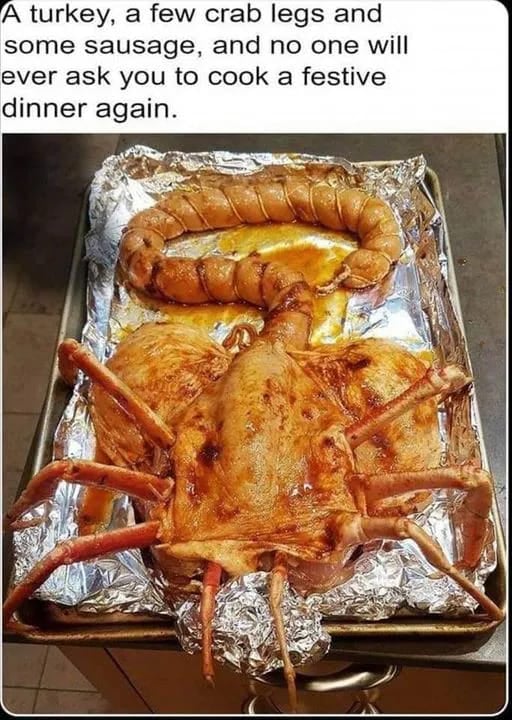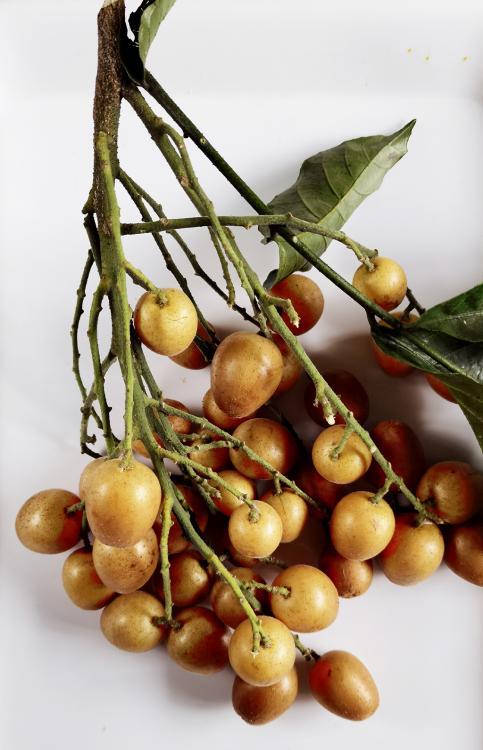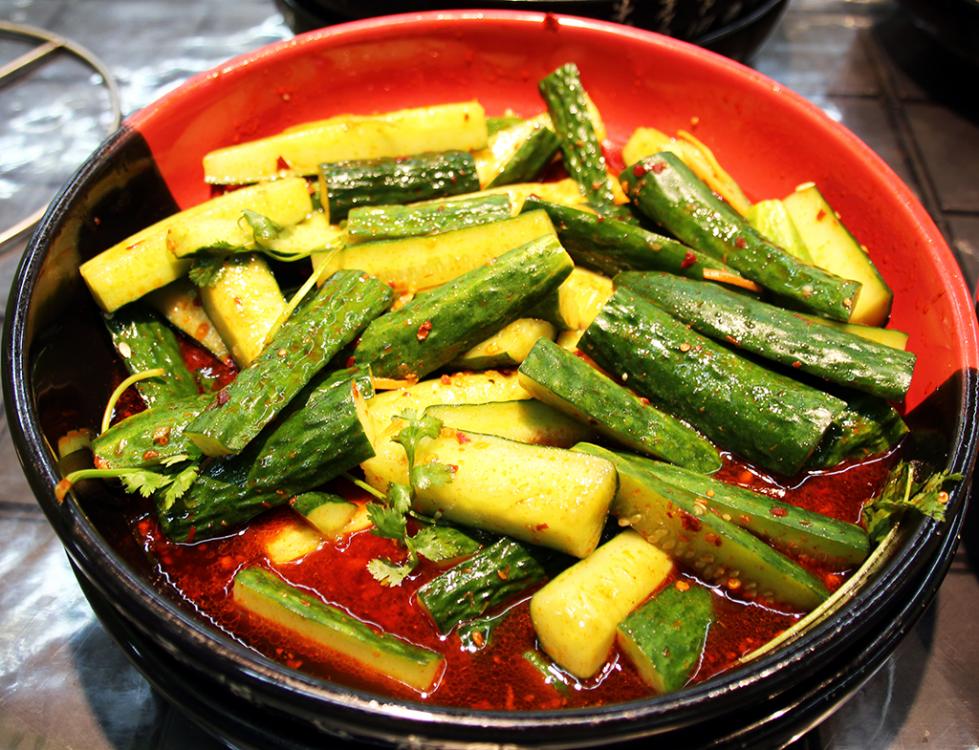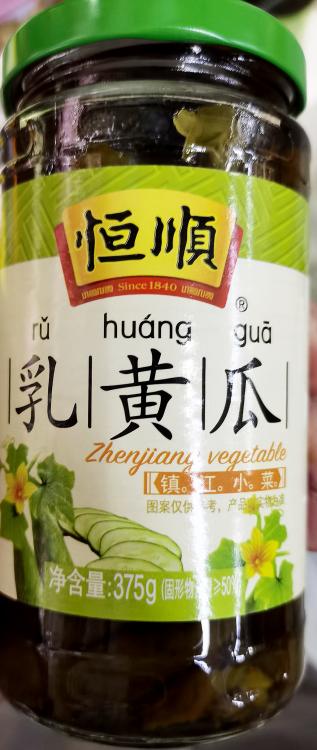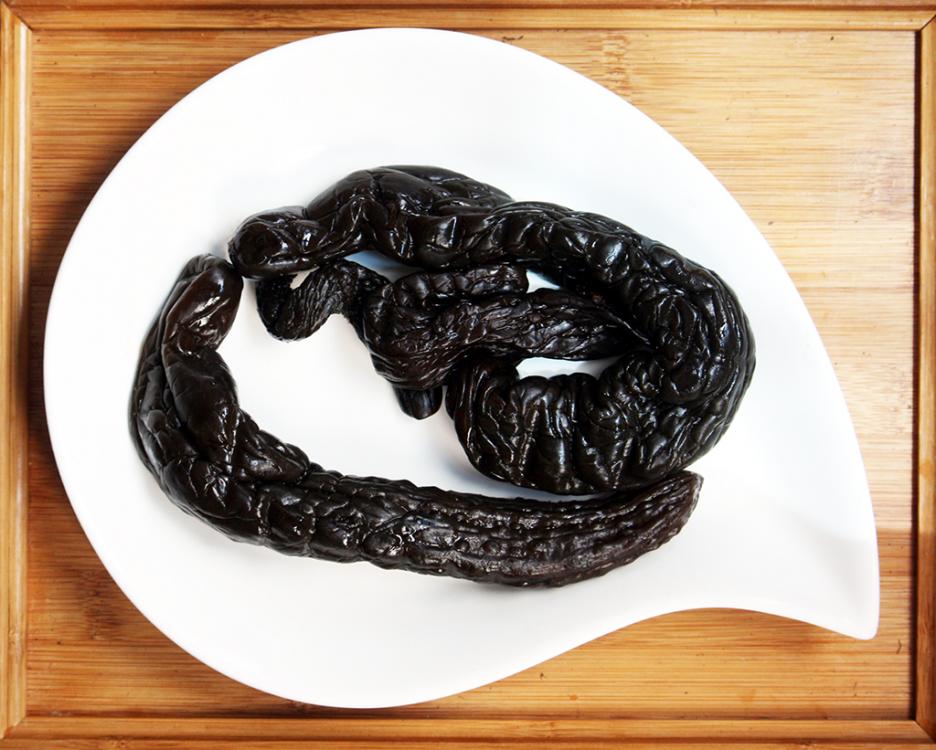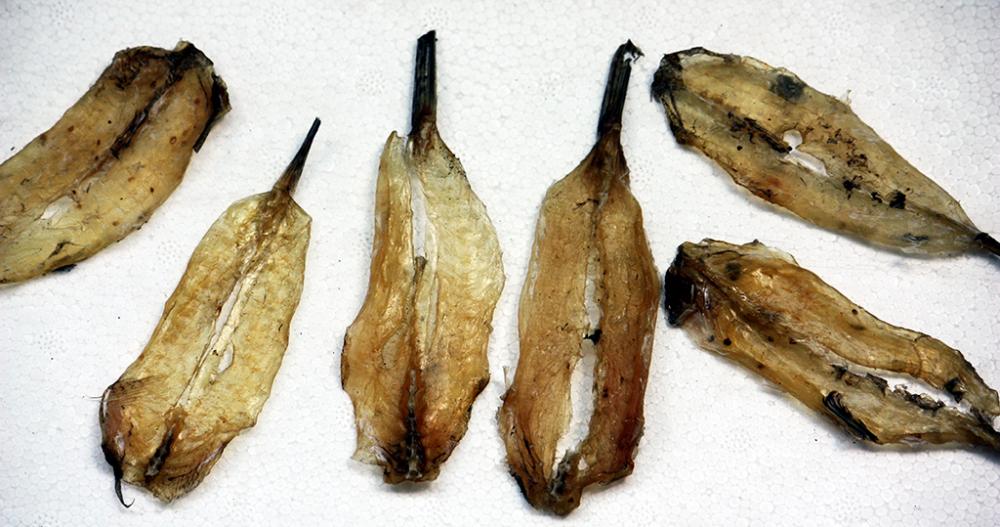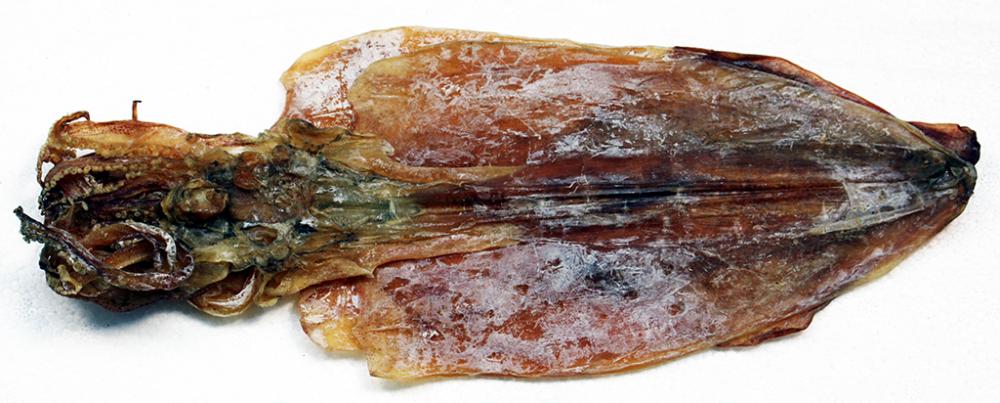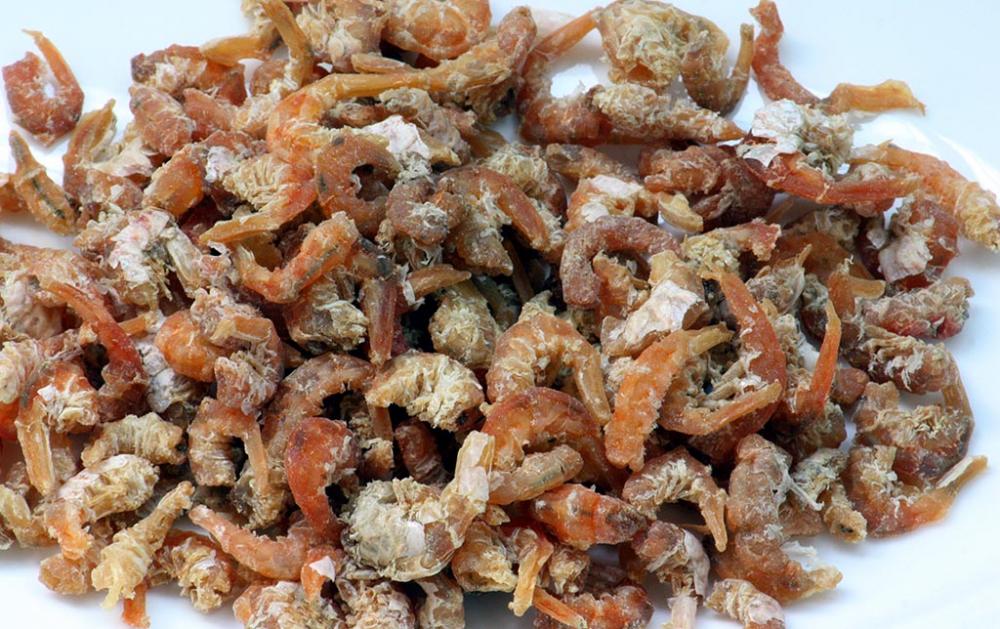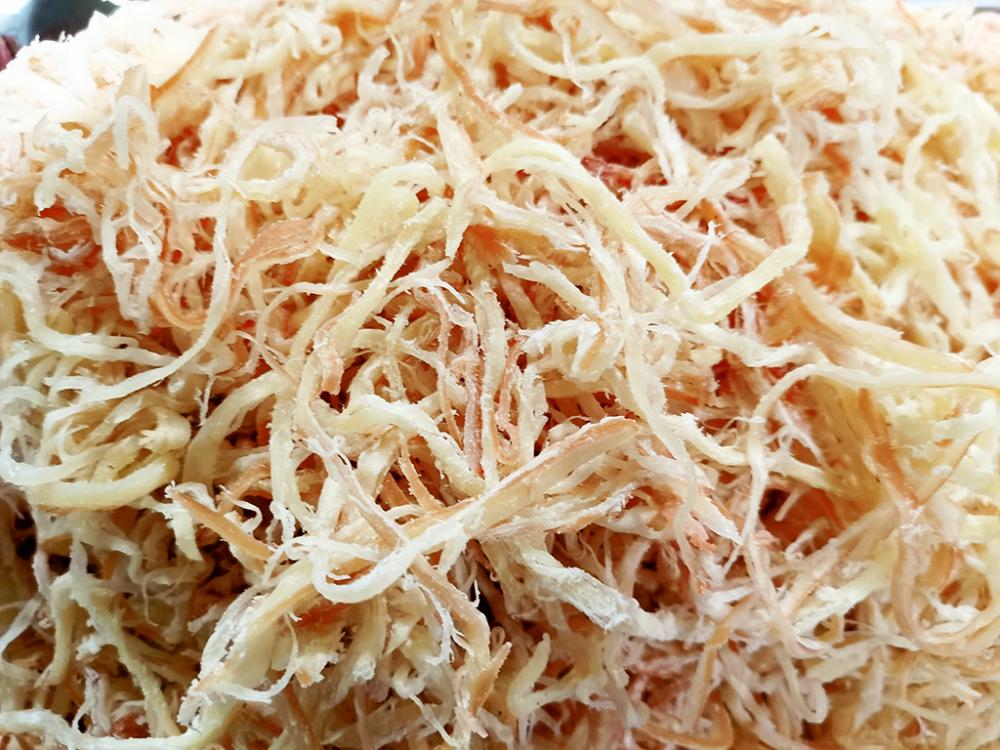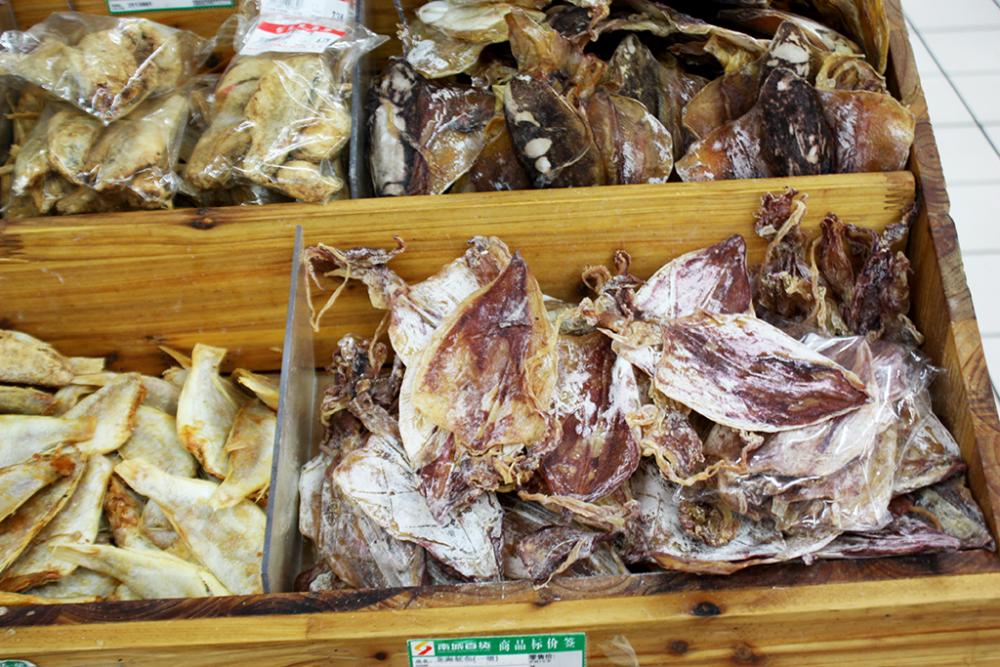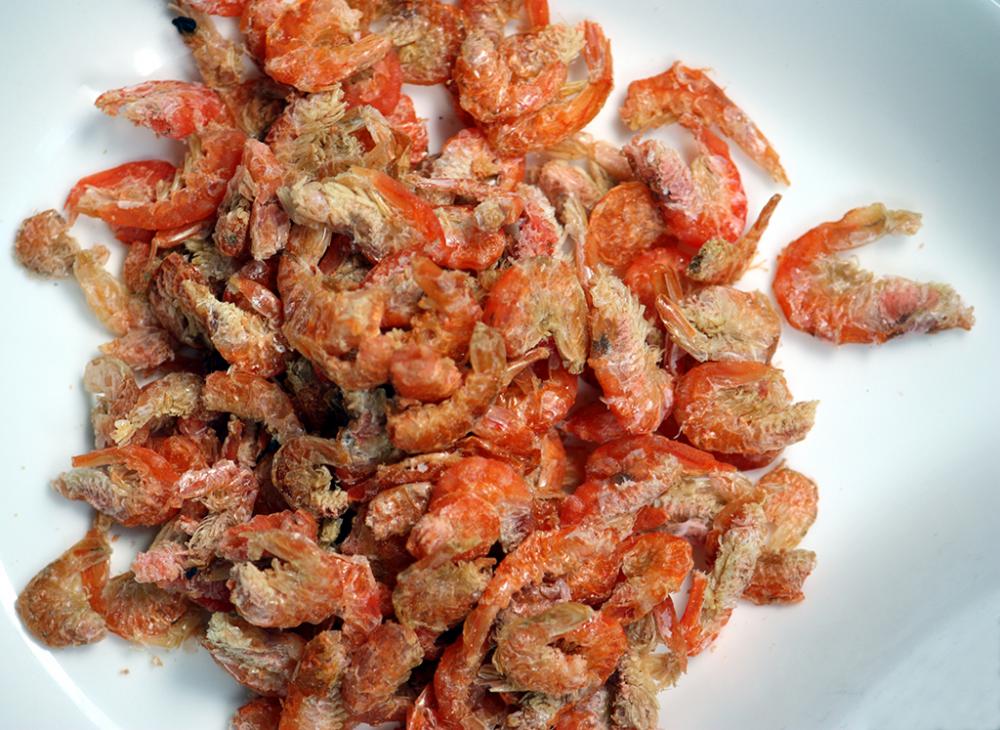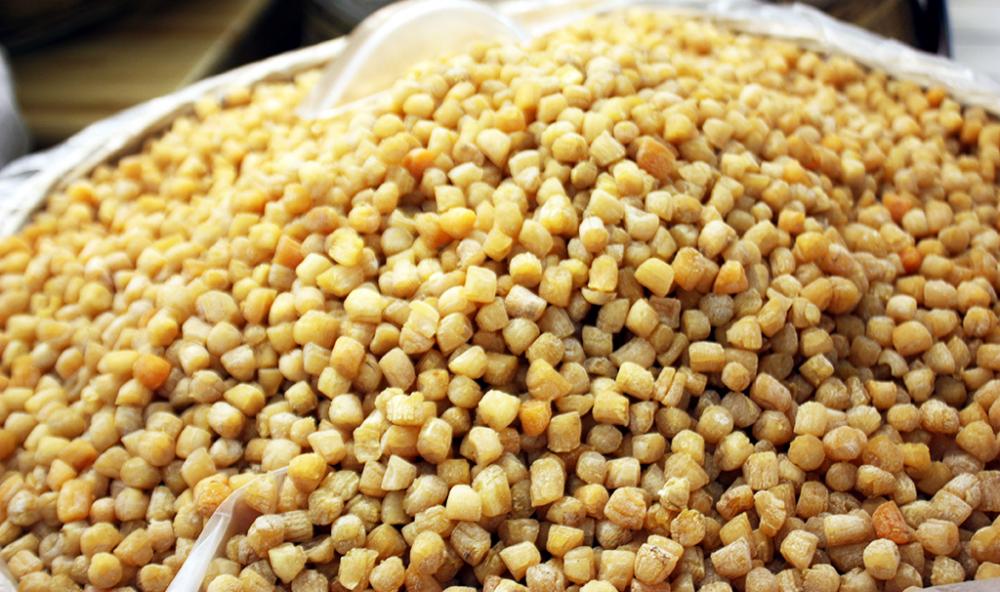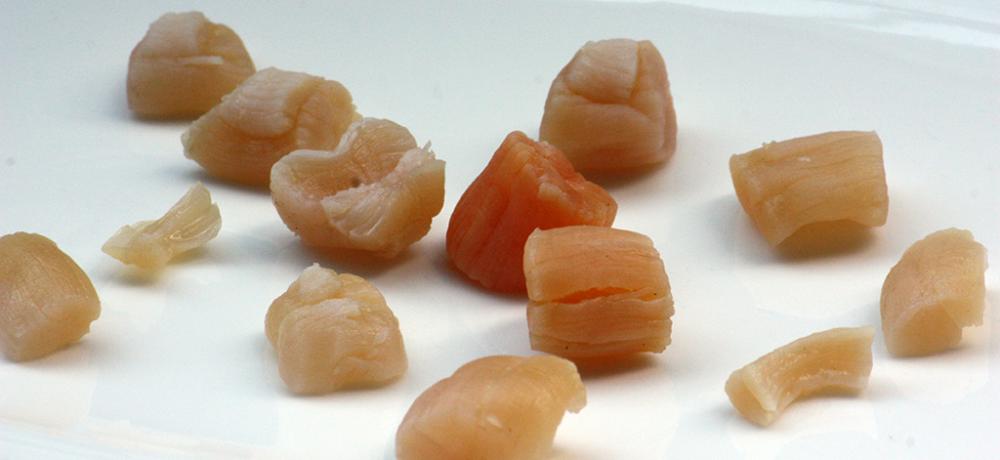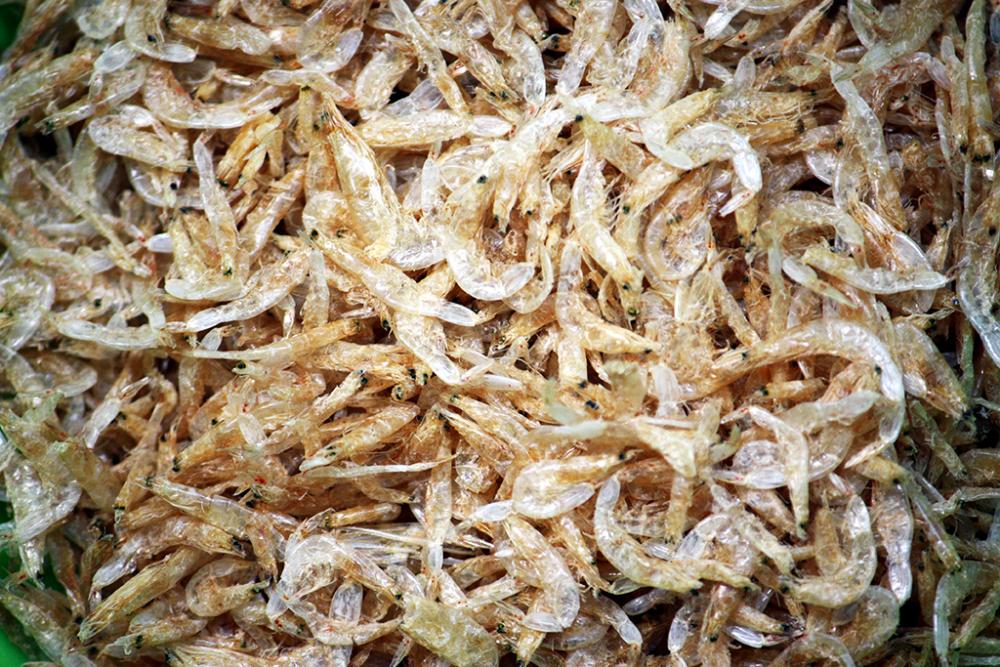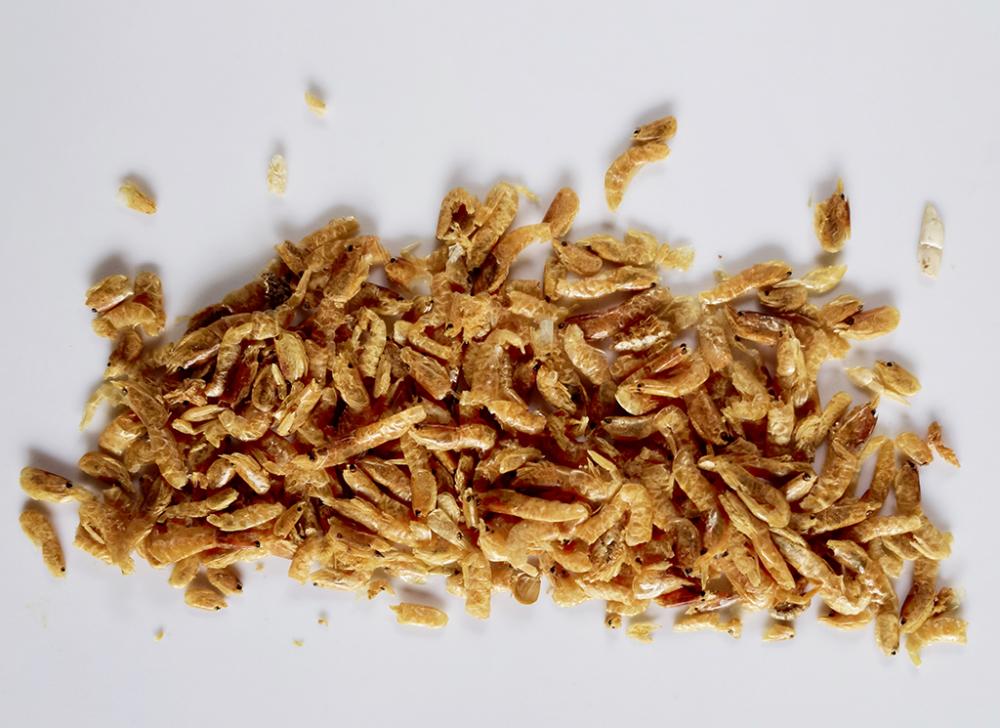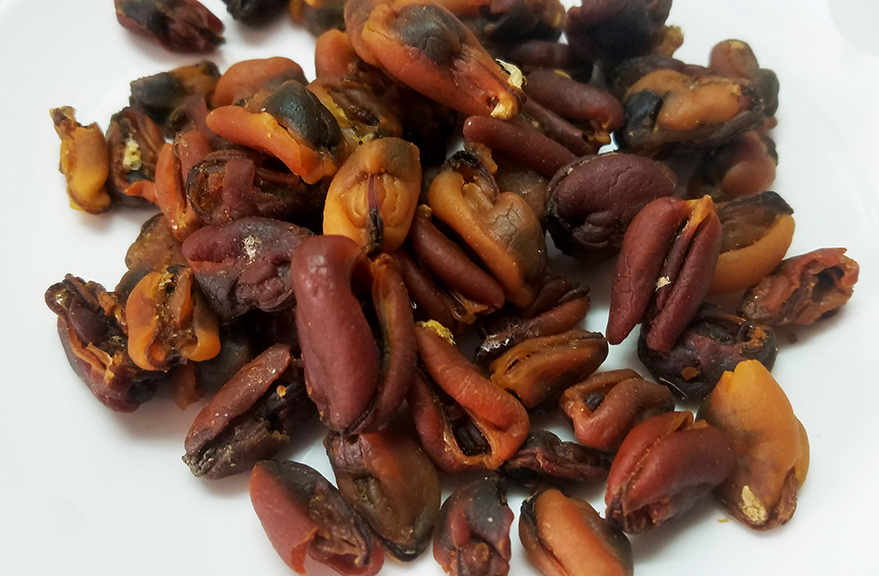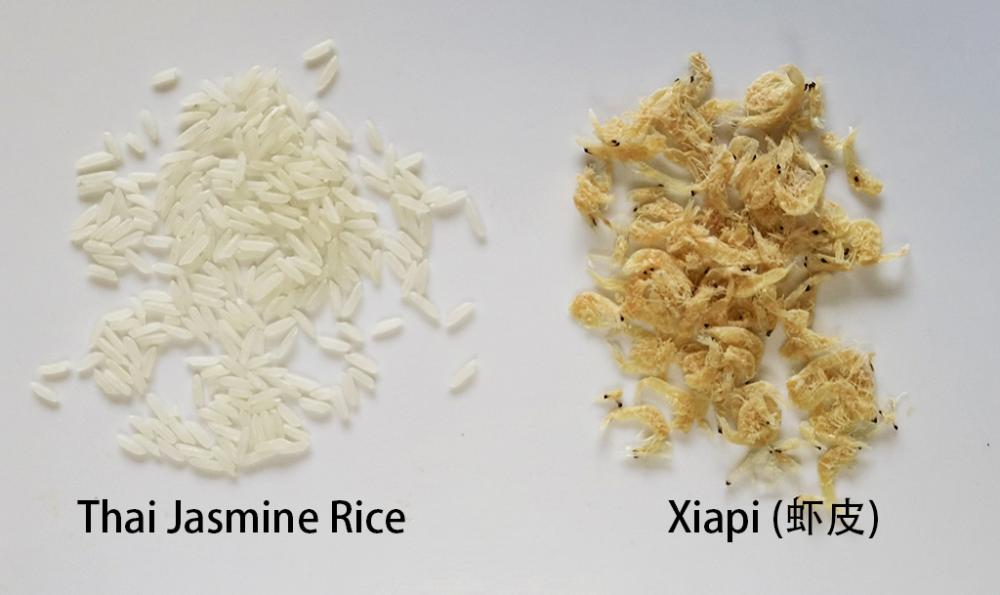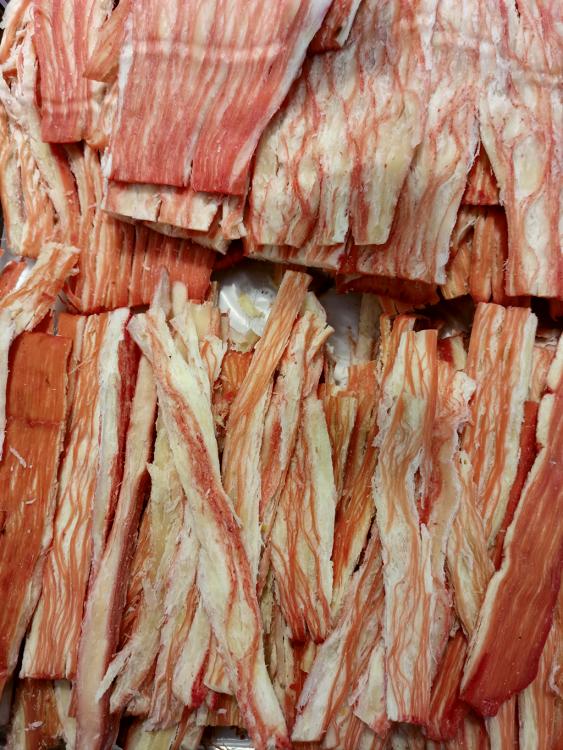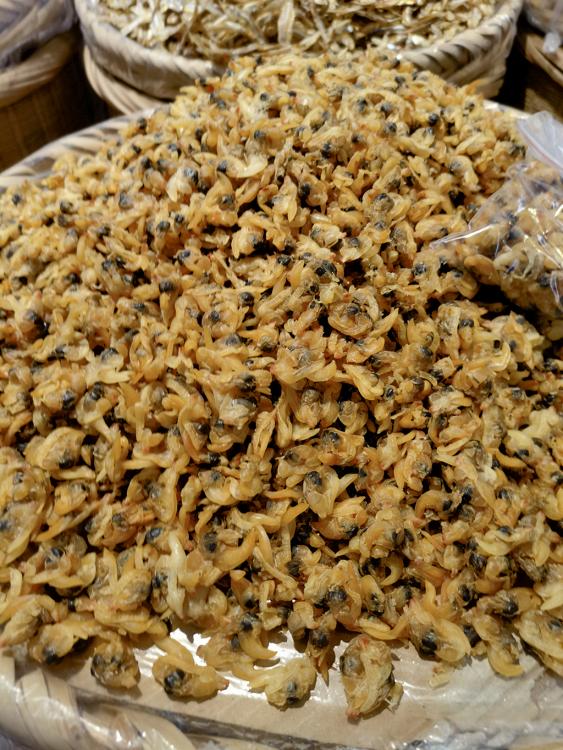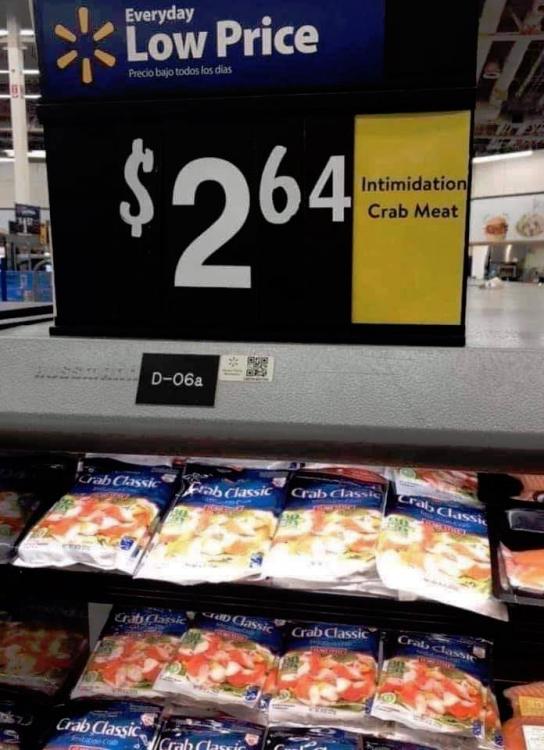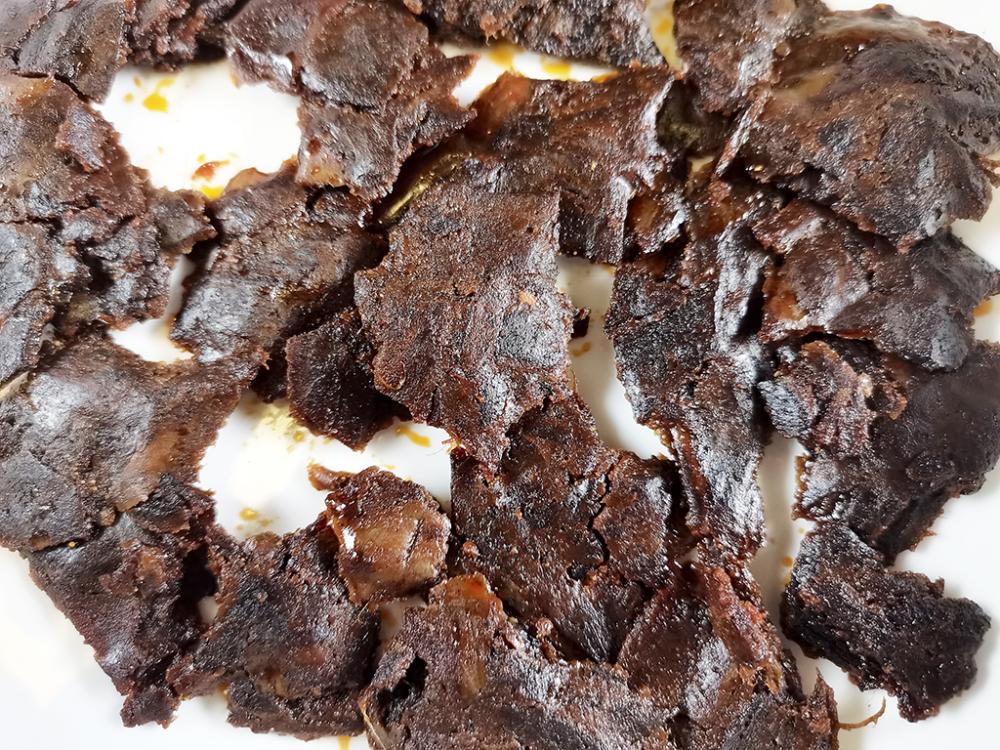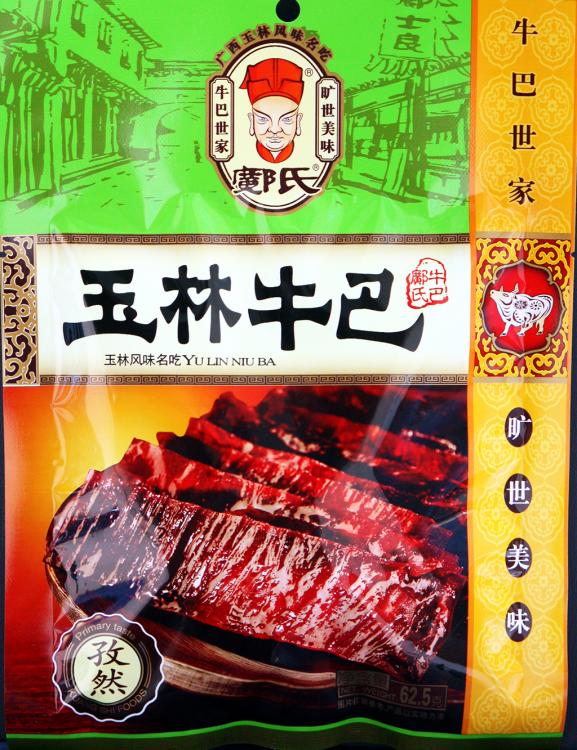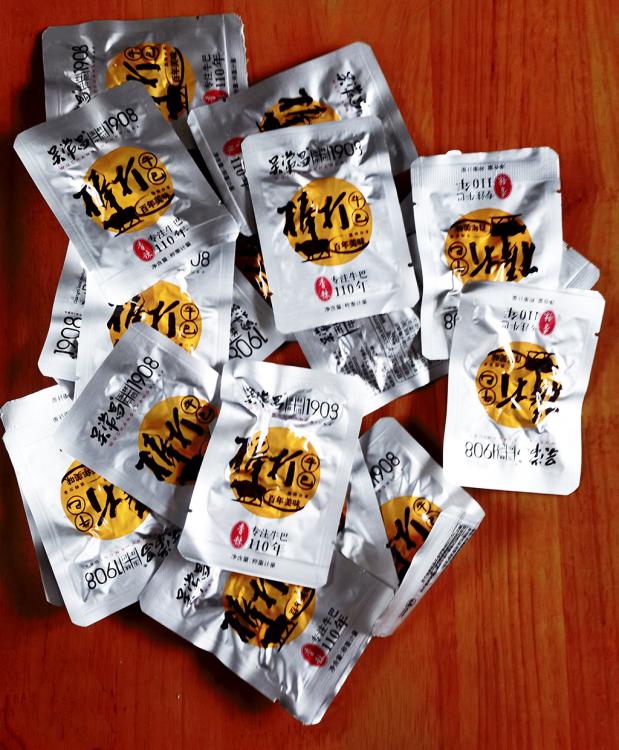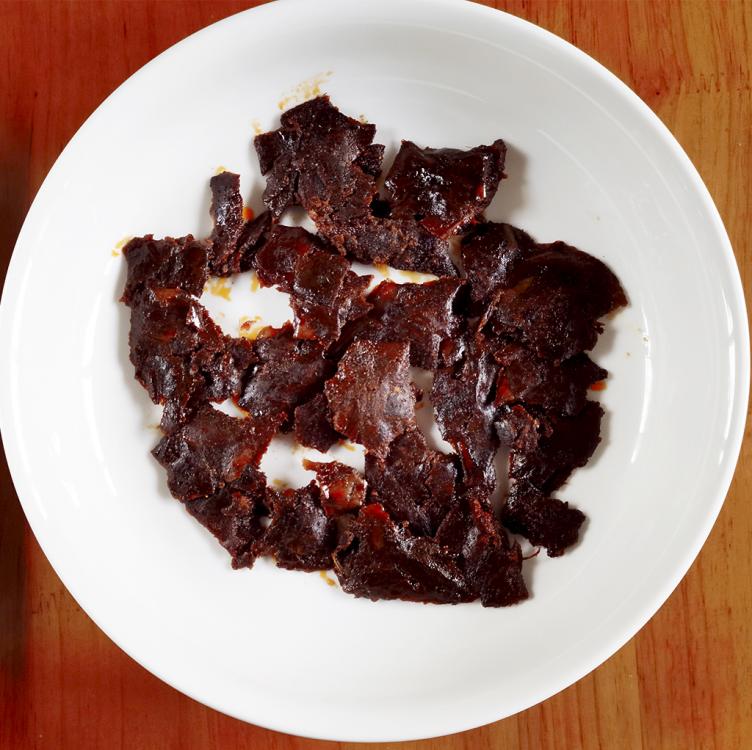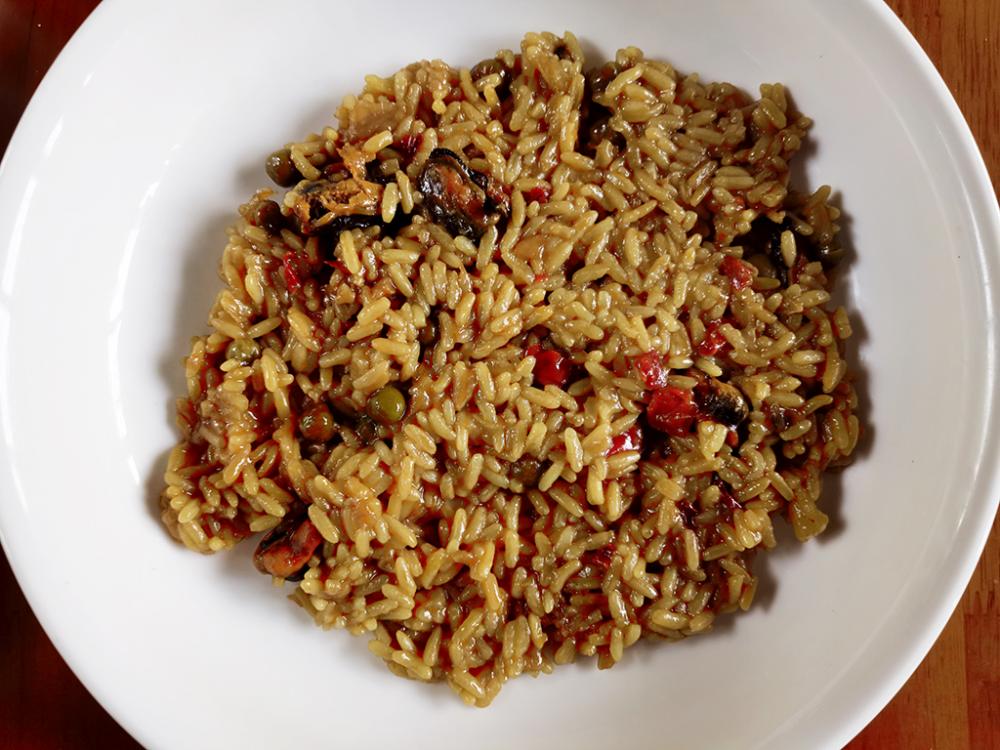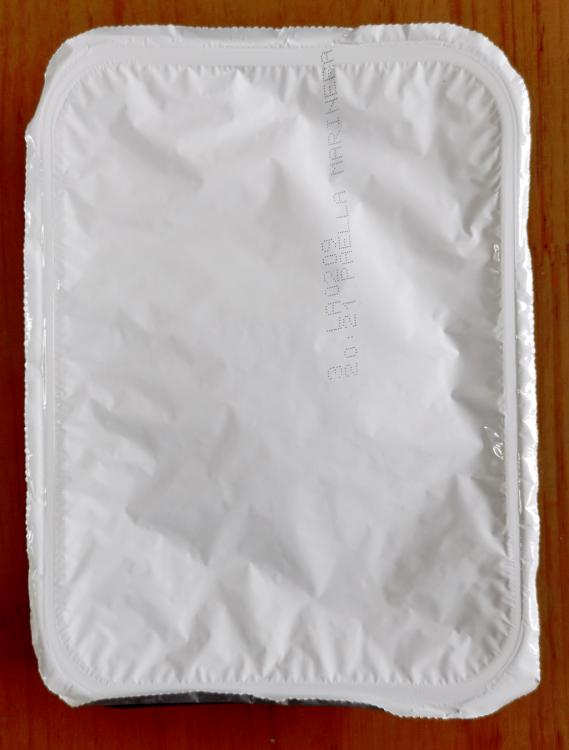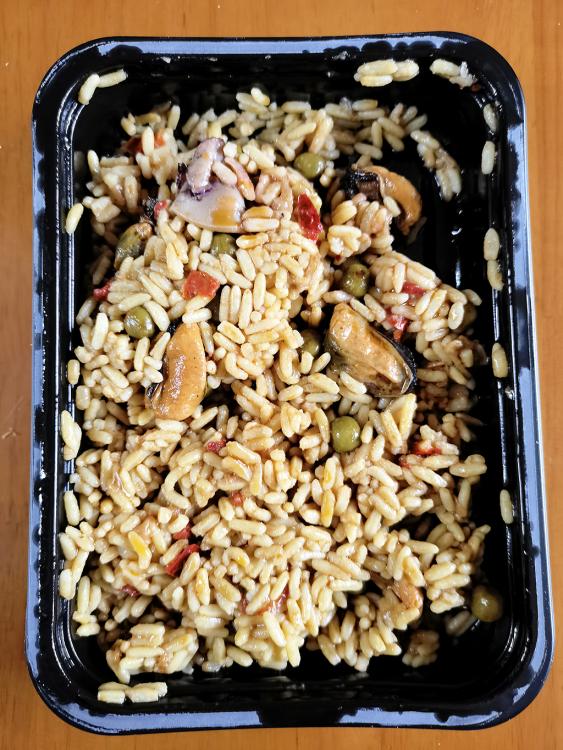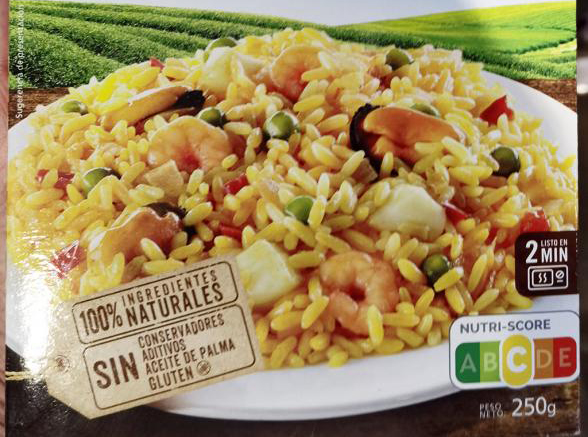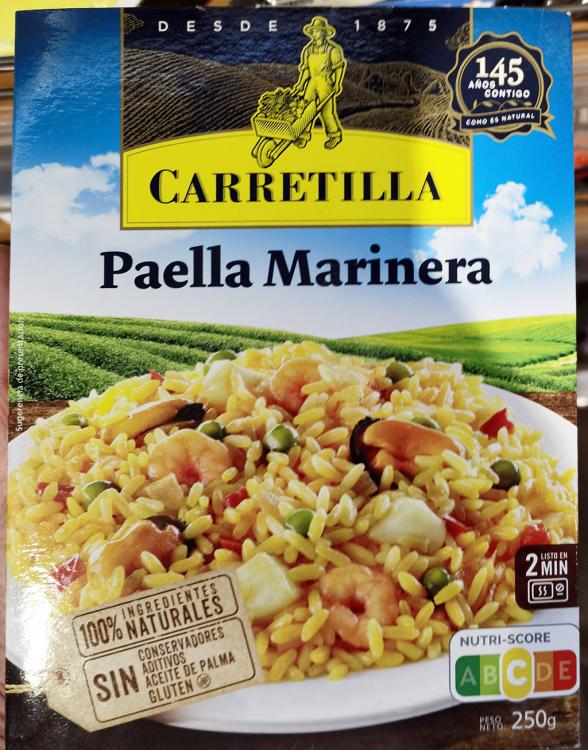-
Posts
16,813 -
Joined
-
Last visited
Content Type
Profiles
Forums
Store
Help Articles
Everything posted by liuzhou
-
Yes. And about the same size. But totally different in every other respect. They can be quite sour and have a citrus flavour despite being unrelated to that family.
-
A few but they are microscopically small.
-
The usual method. By putting them in my mouth, biting, chewing and swallowing.
-
Just went out to buy some beers at the local mom 'n' pop and the guy threw in this small bunch of 鸡皮果 (jī pí guǒ), chicken skin fruit, aka 山黄皮 (shān huáng pí), mountain yellow skin.
-
26 . 酸黄瓜 (suān huáng guā) – Pickled Cucumber All vegetables have to keep moving in China, or they’ll end up in a pickle. The humble cucumber is no exception. Here we have this strange looking object, which looks like something you'd need a poop scoop to deal with. Known as 酱黄瓜 (jiàng huáng guā), literally 'sauce cucumber', 酱 being an abbreviation for 酱油 (jiàng yóu) meaning 'soy sauce', these are cucumbers cured in soy sauce. Much nicer than they look. Also common and found in most supermarkets is this pickled cucumber salad. Lightly pickled and still with a bite to it. As you can no doubt see, it is dressed with chili oil before serving. Then, this commercially produced, you will see, is labelled 乳黄瓜 (rǔ huáng guā). The literal meaning of 乳 ( rǔ) ís ‘breast’ or ‘milk’, but here is an abbreviation for 乳酸 (rǔ suān), literally ‘milk sour’ which is ‘lactic acid’. So, it is lacto-fermented as are so many pickles, including dill pickles, sauerkraut and kimchi. This is another of those things to add to your rice or noodles to give them a lift.
-
25c 干海鲜 (gān hǎi xiān), Dried Seafood In most markets and some supermarkets, there is a section which you can find by following your nose. The aroma of the dried seafood is not an unpleasant one, at least to my perception, but a distinct one. Here you can find all the mysteries of the deep in dehydrated form. Some you may recognise; some you almost certainly won’t. Seafood, including saltwater fish, has long been prized in China, but in the past was only really available near the coast. Transportation was just too difficult. Even today, the majority of fish consumed in most of China is freshwater fish, from lakes or rivers, both wild and farmed. Landlocked provinces such as Sichuan or Hunan serve very little fresh sea food, and what is available can be expensive. However they all prize certain preserved seafoods such as follows. They are mainly used to add umami to other dishes, rather than being rehydrated and used to replicate their fresh equivalents. The selection is a constantly changing one, but there are some staples. The following are all in my pantry now (unless stated otherwise). Probably the most common is the large range of dried shrimp - 虾干 (xiā gān). These come in all sizes. (The local shrimp are often this naturally red variety.) Large Medium Small The smallest are known as 虾皮 (xiā pí) and measure about the size of an uncooked long grain rice. Dried Scallops (Conpoy) - 干贝 (gān bèi) - In the supermarket Rehydrated Dried Scallops (Conpoy) - 干贝 (gān bèi) Dried Mussels - 干贻贝 (gān yí bèi) Dried Clams Dried Squid - 干鱿鱼 (gān yóu yú) Shredded Dried Squid Another type of dried squid, known as 风琴鱿鱼 (fēng qín yóu yú) - Accordian Squid Dried Cuttlefish 墨鱼 (mò yú) I'll deal with actual fish, separately in another post.
-
All in the interest of scientific research!
-
Bakkwa is Hokkein for the Mandarin "肉干 (ròu gān)“ which just means "dried meat", although non-specific meat in China (and much of east Asia) just means "pork". Although Hokkein originated in Fujian province, China and is still spoken there, it is now mainly spoken in the Philippines, Singapore, Indonesia etc as well as Taiwan. It is "authentic", but usually sweeter than what I call jerky. Also usually smoked. Would be interested in seeing the recipe.
-
The two are very similar. I have had both (without either being slathered in chili oil) and would say they are indistinguishable.
-
Still could be! I did eat it. I wouldn't call it a meal though. Barely a starter. Barely food. Shame really, I love Spanish food. Still, I've done my good deed for the month, taking one for the team and preventing some poor unsuspecting Chinese person thinking this is actually anything like paella or anything else Spanish.
-
25b 玉林牛巴 (yù lín niú bā) – Yulin Beef Jerky Another way to preserve meat is, of course, to dry it. Pretty much all meats are dried here in Autumn to ensure a supply throughout the winter, especially for the Spring Festival, the 15 day celebration starting on the first day of the traditional Chinese lunar-solar calendar, known internationally as Chinese New Year. Although pork is the go-to meat in most of China, I’ll start with beef. You’ll see why. 玉林 (yù lín) is a city in the SE of Guangxi. Several of my friends are from there, including my dearest friend, J. You may have heard of it thanks to massive efforts of the lunatics at PETA to publicise a tiny “dog meat festival” into an international success! In fact, it wasn’t a dog meat festival at all. It was a lychee festival . A couple of dog meat vendors latched on and no one paid much attention. PETA succeeded in turning it into a huge success (for a couple of years), then everyone got bored. Today, there is very little dog eating going on. None of my friends from Yulin have ever eaten it, like most Yulin residents. Anyway, in China, if you mention Yulin, people are more likely to answer “玉林牛巴 (yù lín niú bā)!“ The city is more famous for its excellent beef jerky. I often buy it as a snack. Although Yulin is in the southern part of Guangxi, normally an area that avoids spicy food (it leans more towards Cantonese food, being near the border with Guangdong, home to that cuisine), this beef jerky is usually served with a chilli oil. The bag above contains a number of smaller bags. each with a small piece of oil-coated jerky to be eaten as a snack, often while mobile. I open them all and sit a bowl of the stuff next to me at the computer and munch away for half the evening. Lovely grub, but not for the spicy heat haters. Great beer food, too! 玉林牛巴 (yù lín niú bā)
-
OK. I succumbed. I'm not having my reputation maligned by a bunch of iconoclastic, irreverent Spaniards or Basques. I bought the damned stuff. Opening the outer wrapper revealed this Ploughing on, I found this. Tipped the lot into a plate and put it in the microwave. They suggest 2 mins on high in an 800W oven. My microwave is only 400W, so I tried with three minutes. Time up, I found this Tragic. It was mush. Bland, unseasoned, evil mush. No sign of the promised squid or shrimp; just a very few tiny mussels, and of course, it looked nothing like the package illustration. USD $4.44 down the toilet! Repugnante y horrible!
- 399 replies
-
- 11
-

-

-

-

-

-
-
The Spanish reads ""extracto de azafrán", which means "extract of saffron", as I said. What extract of saffron is, I don't know.
-
Here you go (from the Spanish as translated by me): Ingredients: Cooked rice (68%), vegetables (12%) (red pepper, peas, onion and tomato), seafood (10%) (squid (mollusk), mussel, shrimps), sunflower oil, natural flavors (fish and shellfish), salt and saffron extract.
-
Who knows? But I do know they are not restored to plump juiciness by two minutes in the microwave.
-
Interesting that they don't include a list of ingredients on the website. I'm sure the packaging has to under EU regulations.I have to pass that store later today, so I'll check to see, but I'm reasonably sure the seafood is included.
-
Certainly not. As I have said before, I have standards. Astonishingly low standards, but there is only so far I will go.
-
To my horror, I spotted this in a store this morning. Microwave for two minutes. Shelf life - 12 months! The worst thing is that it is actually imported from Spain! Well Navarra, the Basque region. Not Valencia.
-
Yes. Tossing potato salad with your hands is just going to break up the potatoes. It needs more gentle folding.
-
Thinking about this a bit more, I know that black pudding is often crumbled into other dishes. That might work with these. Used to make stuffings, maybe. More thinking required.



